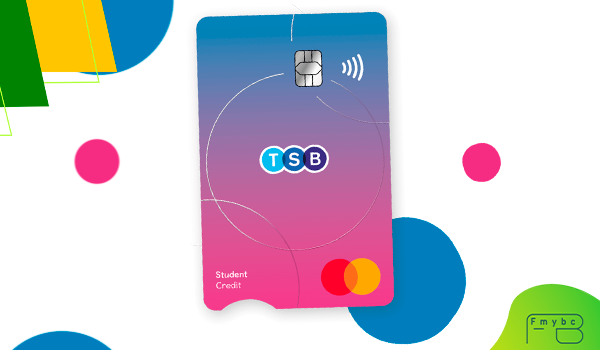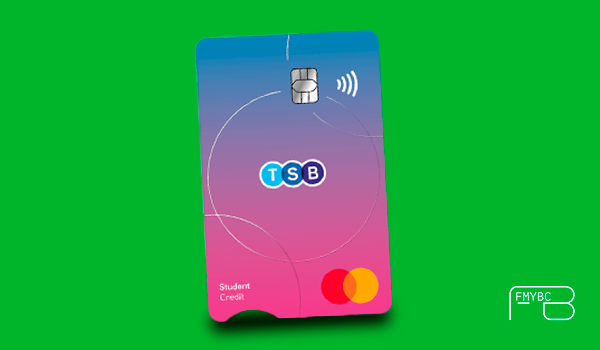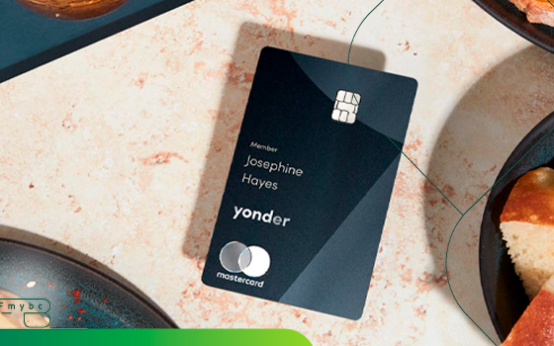
Managing a student credit card is more than just swiping for small purchases—it’s about building financial habits that last well beyond university. This section takes a practical look at how to apply, what pitfalls to avoid, and insider tips that most students overlook when starting out with the TSB Student Credit Card.
Applying for the TSB Student Credit Card
The application process is straightforward, but understanding the requirements can save time:
- Eligibility – Applicants must be 18 or older, living in the UK, and enrolled in full-time higher education.
- Income check – Part-time job earnings or student maintenance loans may be considered.
- TSB current account – While not mandatory, having one increases approval chances.
- Credit history – Students are not expected to have one, but missed payments on mobile contracts or overdrafts could affect approval.
The online form typically takes 10–15 minutes. Proof of identity (passport or driver’s licence) and student status (enrollment letter or student ID) may be required.
Once approved, cards usually arrive within 5–7 business days.
Best Practices to Use the Card Responsibly
- Treat it like a debit card – Only spend what you can repay at the end of the month.
- Set a low personal limit – Even if the bank offers £1,000, consider using no more than £200–£300 monthly.
- Always pay in full – Carrying a balance leads to 21.9% interest, which can accumulate quickly.
- Use direct debit – Automating payments eliminates the risk of late fees (£12 each missed payment).
- Track usage in the app – TSB’s mobile app shows real-time spending, making it easier to stay within budget.
Hidden Pitfalls Students Should Avoid
- Cash withdrawals – Using the card at ATMs triggers interest immediately and extra fees.
- Over-limit charges – Exceeding your approved credit limit results in penalties.
- Multiple applications – Applying for several cards in a short period damages credit scores.
- Late payments – Even one missed payment can negatively affect future loan or rental applications.
Expert Hacks to Maximise Value
While the card doesn’t offer cashback or rewards, smart usage can still create financial benefits:
- Build a “payment history file” – Use the card only for recurring expenses like a monthly Spotify or Netflix subscription, then repay automatically.
- Leverage Section 75 protection – For purchases over £100 (like laptops or flight tickets), you get legal protection if the retailer fails to deliver.
- Travel security – Book hostels, trains, or flights with the card instead of prepaid cash cards for better fraud protection.
- Combine with student discounts – Many UK retailers accept student ID plus card payments, stacking savings with safe transactions.
- Credit utilisation trick – Keep spending below 30% of the limit. Example: with £600 limit, stay under £180 monthly to improve credit score faster.
Frequently Asked Questions

Can I get the TSB Student Credit Card without a TSB current account?
Yes, but approval is easier if you already bank with TSB.
Will applying for this card harm my credit score?
One application has minimal impact, but multiple failed applications can lower your score.
Can international students apply?
Yes, if they reside in the UK and can provide proof of student enrollment plus UK address.
What happens if I only pay the minimum?
Interest is added, and repaying a small balance (e.g., £5 on a £200 bill) could take years to clear.
Does this card come with insurance or travel perks?
No extras like insurance or cashback. It is purely designed for credit-building.
Can I upgrade the card after graduation?
Yes, many students transition to TSB Classic or Platinum cards once income stabilises.
Alternatives and Complementary Solutions
Not every student will qualify, so it’s worth comparing options:
- NatWest Student Credit Card – Lower APR (18.9%) but requires a NatWest student account.
- HSBC Student Credit Card – Also 18.9% APR, with slightly stricter approval criteria.
- Student Overdrafts – TSB, Barclays, and Lloyds offer interest-free overdrafts up to £1,500. Useful for emergencies but less effective for building credit.
- Prepaid Student Cards – Monzo and Revolut offer prepaid cards with budgeting tools, though they do not build credit history.
Comparison Snapshot
| Option | Best For | Downsides |
| TSB Student Credit Card | Credit building + flexible use | Higher APR than overdrafts |
| HSBC/NatWest Student Cards | Lower APR | Limited to existing bank customers |
| Overdrafts | Emergency borrowing | No credit history benefits |
| Prepaid cards | Budgeting & spending abroad | No impact on credit score |
Maximising Long-Term Value
Students who start building their credit responsibly during university gain significant advantages later:
- Easier approval for graduate credit cards with rewards.
- Stronger mortgage and loan eligibility after 3–4 years of history.
- Higher trust from landlords and utility companies.
- Access to lower interest rates on future borrowing.
One example: James, a recent graduate from Leeds, maintained a TSB Student Credit Card for three years, never missed a payment, and upgraded to a TSB Platinum Card with a £4,500 limit. This gave him access to a 0% balance transfer offer, saving him £342 on a short-term loan repayment.
Conclusion
The TSB Student Credit Card is not about flashy rewards. Instead, it offers UK students a disciplined pathway into the world of credit. With careful management—keeping spending low, paying on time, and avoiding unnecessary fees—it becomes an invaluable tool for shaping financial independence.



 118 118 Money Card: Full Usage Guide, Tips & Real Value <p style='font-size:14px;'>More Than Just Credit Repair: How 118 118 Money Card Fits Real UK Lifestyles</p>
118 118 Money Card: Full Usage Guide, Tips & Real Value <p style='font-size:14px;'>More Than Just Credit Repair: How 118 118 Money Card Fits Real UK Lifestyles</p>  YONDER CREDIT CARD: THE COMPLETE OPTIMIZATION GUIDE <p style='font-size:14px;'>Everything you need to extract maximum value from the UK's most experience-focused card</p>
YONDER CREDIT CARD: THE COMPLETE OPTIMIZATION GUIDE <p style='font-size:14px;'>Everything you need to extract maximum value from the UK's most experience-focused card</p>  How to Use the Amex Gold Card for Maximum Value in 2025 <p style='font-size:14px;'>Advanced Strategies to Maximise Amex Gold UK: Points, Perks & Lounge Access</p>
How to Use the Amex Gold Card for Maximum Value in 2025 <p style='font-size:14px;'>Advanced Strategies to Maximise Amex Gold UK: Points, Perks & Lounge Access</p>